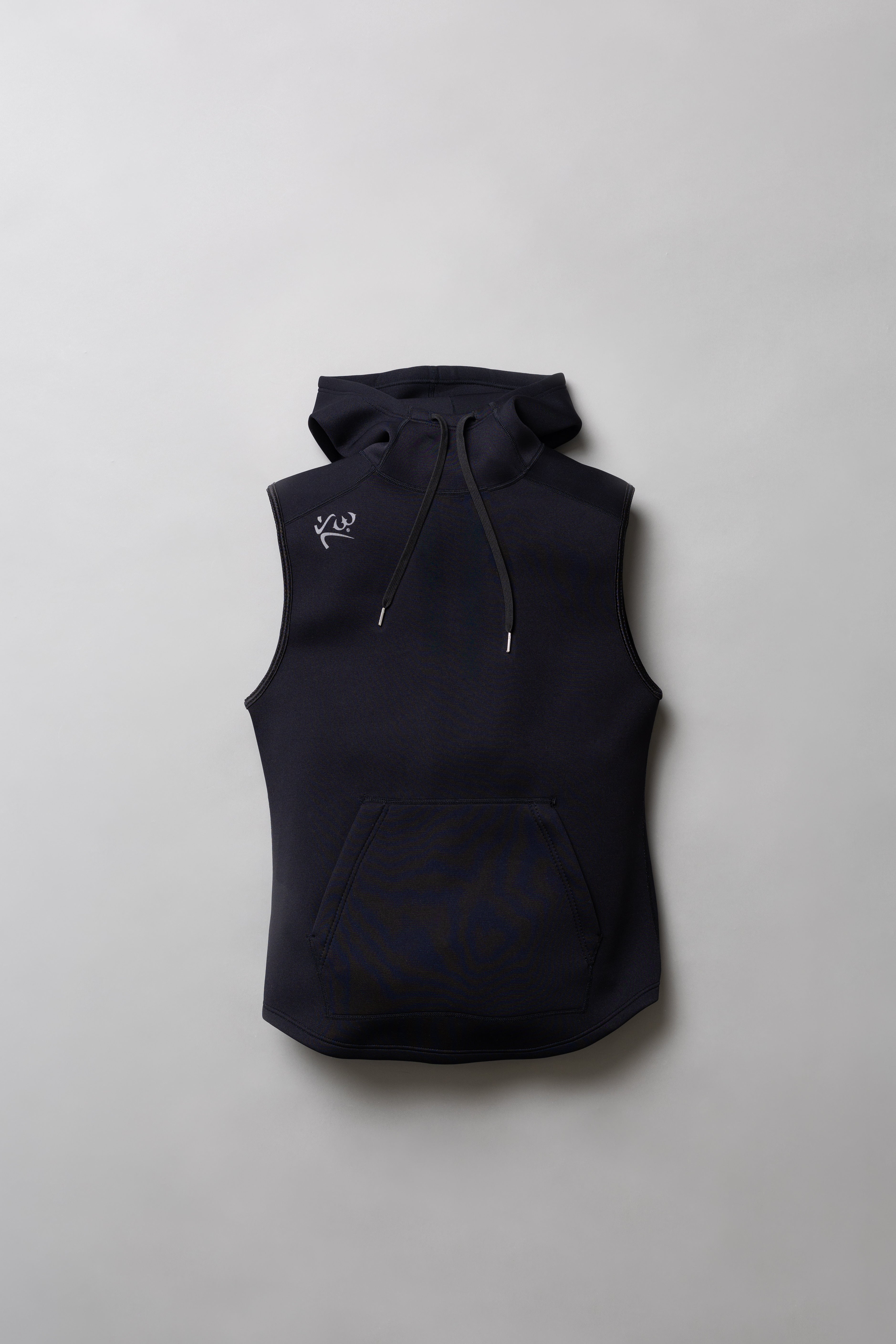Chocolate and Weight Loss: The Truth Behind the Study

“Chocolate can help you lose weight…”
Who didn’t see this headline plastered on every internet fitness website and morning news show?
Once it hit the media, the story spread like wildfire, finding its way around the globe in record time, which isn’t too surprising, thanks to the far reach of the internet and social media. One chocolate bar per day in conjunction with diet and exercise. That was the magic bullet that allowed the subjects to experience increased weight loss, better sleep, and enhanced mood.
People were overjoyed to know that chocolate was allowed to return into their diets. The thing is, there was one giant catch about the study that was conducted.

Breaking Down the Study
Before we get to the big surprise of the study, let’s review the details behind it. Originally 16 subjects, 5 men and 11 women were to take part in the study. Their ages ranged from 19 to 67. During the study; however, one of the subjects dropped out.
There were three diet groups that a subject could be assigned to:
- Group 1: Low Carbohydrate Diet
- Group 2: Low Carbohydrate & Chocolate Diet
- Group 3: Control Group (No dietary changes were made)
The Results of the Study
After 21 days, weigh-ins took place and a blood panel was taken. Group 1 and Group 2 were reported to have lost 5 pounds in 21 days. The control group saw no difference.
Hey, this is news, right? People who ate chocolate for 21 days along with a low-carbohydrate diet saw equal results to those who were only on the low-carb diet. Science proves that chocolate can help weight loss… Right?
The Truth Behind the Study
Let’s back up a second. The idea for this study came from a journalist. His mission: To expose how the industry of health science is more concerned with headlines than it is with actual results. That’s right. From the start, this study was nothing more than one big hoax, designed to do one thing: reveal how flawed peer reviewed science has become.
You may be saying, “Okay, fine, but his study worked. It showed results.”
Not quite. Here is what the journalist and author of the study said about how he was able to find the benefit that sent the story around the world:
“If you measure a large number of things about a small number of people, you are almost guaranteed to get a ‘statistically significant’ result. Our study included 18 different measurements—weight, cholesterol, sodium, blood protein levels, sleep quality, well-being, etc.—from 15 people. That study design is a recipe for false positives.”
In other words, when you measure enough data, you’ll be able to cherry-pick the results you want to focus on to further your research or cause.

The Lesson to Takeaway
One quote that really stood out in John’s article,
“When reporters contacted me at all, they asked perfunctory questions.
‘Why do you think chocolate accelerates weight loss? Do you have any advice for our readers?’
Almost no one asked how many subjects we tested, and no one reported that number.
Not a single reporter seems to have contacted an outside researcher.”
The lesson to takeaway is this: Be careful of what you read. Many experts and media sources are more concerned with numbers than hard facts. How lovely it would be to indulge in chocolate every day and look like a fitness model. Most importantly, do your own research. If something sounds too good to be true, it usually is.
Tell Us What You Think!
Do you remember the weight loss and chocolate story?
What did you think when it first hit?
Let us know in the comments below!
Bohannon, John. "I Fooled Millions Into Thinking Chocolate Helps Weight Loss. Here's How."Io9. Io9.gizmodo.com, 27 May 2015. Web. 26 Apr. 2017. <http://io9.gizmodo.com/i-fooled-millions-into-thinking-chocolate-helps-weight-1707251800>.
0 comments











